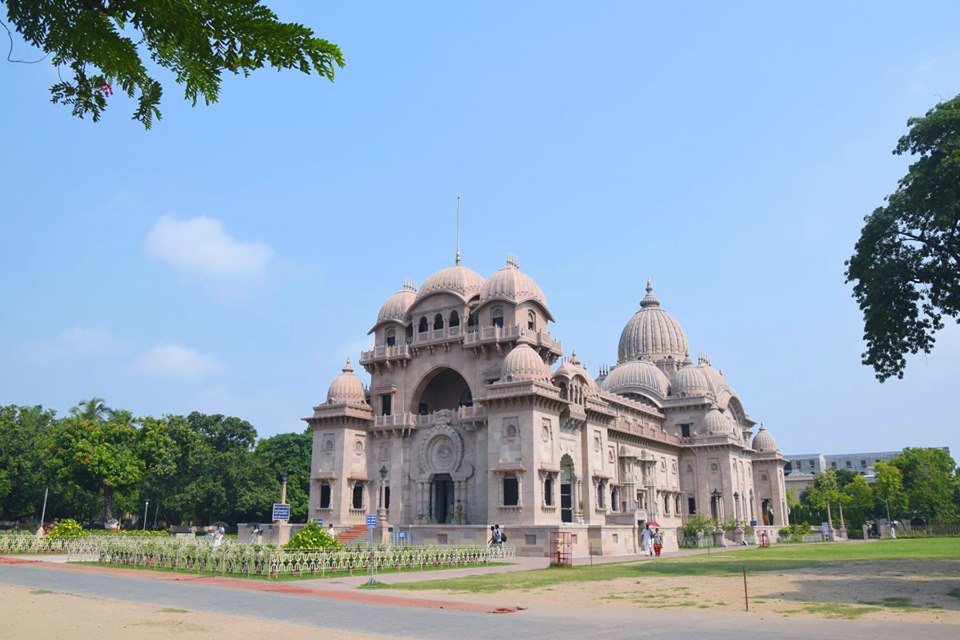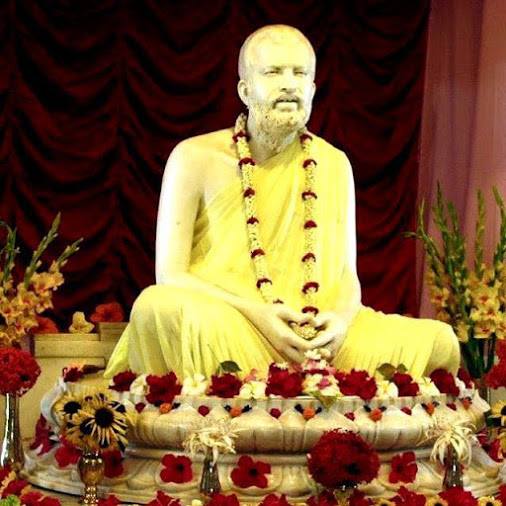VEDIC RELIGIOUS IDEALS : Swami Vivekananda
Wednesday, June 10, 2020.
What concerns us most is the religious thought — on soul and God and all that appertains to religion. We will take the Samhitâs. These are collections of hymns forming, as it were, the oldest literature, properly speaking, the oldest literature in the world. There may have been some scraps of literature of older date here and there, older than that even, but not books, or literature properly so called.
As a collected book, this is the oldest the world has, and herein is portrayed the earliest feeling of the Great Rishi-s, their aspirations, the questions that arose about their manners and methods, and so on. At the very outset we find a very curious idea.
These hymns are sung in praise of different gods, Devas as they are called, the bright ones. There is quite a number of them. One is called Indra, another Varuna, another Mitra, Parjanya, and so on.
Various mythological and allegorical figures come before us one after the other — for instance, Indra the thunderer, striking the serpent who has withheld the rains from mankind. Then he lets fly his thunderbolt, the serpent is killed, and rain comes down in showers.
So with Varuna. He is another god, very powerful, and is in the same way protecting his votaries, and they are praising him with their libations of Soma. So is the god of war, and so on. But the popular idea that strikes one as making the mythologies of the Samhitas entirely different from the other mythologies is, that along with every one of these gods is the idea of an infinity. This infinite is abstracted, and sometimes described as Âditya. At other times it is affixed, as it were, to all the other gods.
Take, for example, Indra. In some of the books you will find that Indra has a body, is very strong, sometimes is wearing golden armour, and comes down, lives and eats with his votaries, fights the demons, fights the snakes, and so on. Again, in one hymn we find that Indra has been given a very high position; he is omnipresent and omnipotent, and Indra sees the heart of every being.
So with Varuna. This Varuna is god of the air and is in charge of the water, just as Indra was previously; and then, all of a sudden, we find him raised up and said to be omnipresent, omnipotent, and so on. I will read one passage about this Varuna in his highest form, and you will understand what I mean. It has been translated into English poetry, so it is better that I read it in that form.
To be continued ...





Comments
Post a Comment